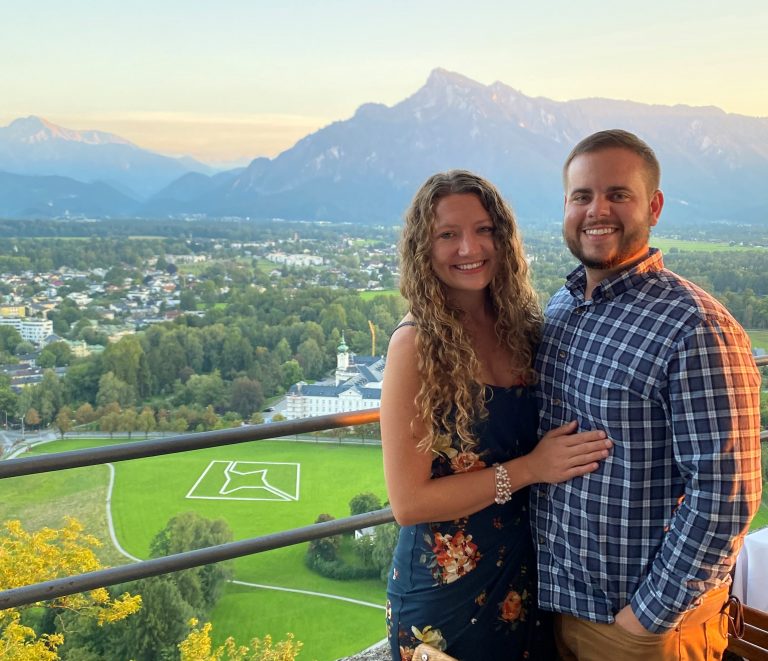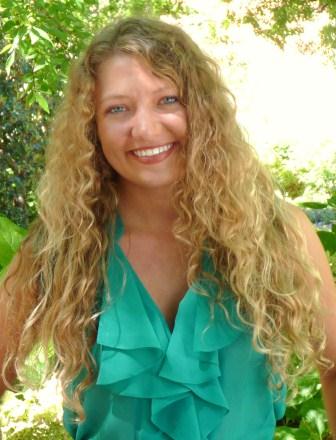CAITLIN TROYER
CAPSTONE
Capstone Project Committee: Nancy Callanan, M.S., CGC, Vandana Shashi, M.D., Kelly Schoch, M.S., CGC
Background: 22q11.2 deletion syndrome (22q11DS) is the most commonly occurring microdeletion syndrome, and has wide phenotypic variability among affected individuals. In addition to clinical features, symptoms often encompass an array of behavioral, psychological, and learning difficulties. Individuals with 22q11DS tend to have a unique cognitive profile, with specific deficits in executive functioning that may impact reasoning and decision-making, and make them more vulnerable in social contexts. Many studies have demonstrated a significantly increased risk for major psychiatric illness in individuals with 22q11DS. Guardianship is a legal process designed to protect the best interests of uniquely vulnerable individuals in adulthood. Accordingly, pursuing guardianship may be a worthwhile consideration for some parents of adolescents with 22q11DS. Nonetheless, there is an absence of such information routinely accessible to parents in the context of this specific clinical population.
Methods: The goal of this project was to address this need by conducting a primary literature review on both 22q11DS and legal guardianship. Subsequently, an informational resource targeted for parents of adolescents with 22q11DS was developed in the form of a tri-fold brochure. The brochure was modified for readability and feedback was sought informally from several parents of individuals with 22q11DS, family and disability attorneys, and a social worker. This feedback was incorporated into a final revision of the brochure.
Discussion: Ultimately, tailored guardianships may be an appropriate source of protection for some families of adolescents with 22q11DS to consider. While the brochure produced is targeted for our specific clinic population, our hope is that this resource can be modified to suit similar clinic populations in the future. This study responded to the stated needs of a specific population and used relevant information to develop an informational resource that is accessible to families and adaptable to broader contexts.
Since Graduation

Since graduation in 2015, I’ve worked as a pediatric and adult genetic counselor at the University of Virginia (UVA). I’ve additionally been a part of UVA’s multi-disciplinary hemophilia treatment center (HTC) and have enjoyed being a clinical supervisor for students from VCU’s genetic counseling program. More recently I’ve become involved in genetic consultations for patients in the inpatient setting (NICU, PICU, etc.) and have helped our group establish a new genetic counseling only clinic at UVA! Since 2020, I’ve also served as Education Coordinator for our division. In this role I organize the educational experiences for various trainees (genetic counseling students, medical students, residents, etc.) and I coordinate student shadowing opportunities.
I’ve been married to my husband, Tom, since 2019 and together we have a cat, Charlie. We love living in Charlottesville and enjoy hiking in the beautiful Blue Ridge Mountains and spending time outdoors. In the past two years I’ve renewed my interest in gardening! In September, Tom and I were fortunate to be able to take a trip to Austria, which was truly incredible!
